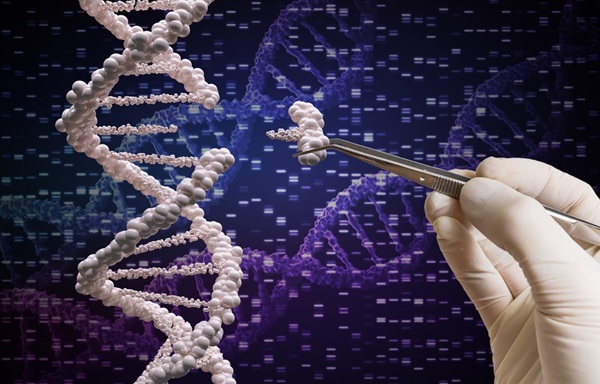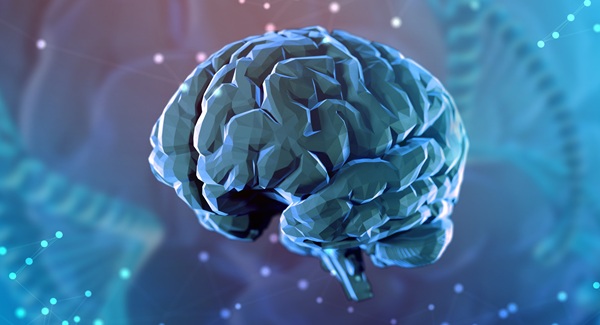Boosting Mitochondrial Function May Nullify Resistance to Radiotherapy
By LabMedica International staff writers
Posted on 10 Dec 2013
The resistance of some cancers to the cell-destroying effects of radiation therapy may be caused by mitochondrial abnormalities, according to an international team of researchers. Posted on 10 Dec 2013
These findings were published November 25, 2013, in the journal Developmental Cell. Dr. Maxim Frolov, associate professor of biochemistry and molecular genetics at the University of Illinois at Chicago (UIC; IL, USA), and colleagues studied the effects of a gene mutation called E2F, which regulated other genes responsible for triggering programmed cell death, a normal function in most cells. Cells undergo apoptosis when they are no longer needed, as a normal part of aging, or in response to environmental factors like radiation that damage cellular DNA.
When Dr. Frolov and colleagues exposed fruit flies with a mutant E2F gene to radiation, genes that trigger apoptosis were initiated, but the flies did not die. “Something else was preventing the flies from dying, even though the genes needed to undergo cell death were turned on,” Dr. Frolov said.
Looking closer inside, the cells of the flies revealed that their mitochondria were misshapen and produced less energy than normal mitochondria. Flies with the most severely unstable mitochondria were the most resistant to radiation-induced cell death. The observation in fruit flies suggested an earlier unknown role for the E2F transcription factor (the protein encoded by E2F that regulates expression of other genes) in mitochondrial function. “It seems their mitochondria were also affected by the E2F mutation and were not functioning at full strength,” said Dr. Frolov. “You need properly functioning mitochondria to carry out programmed cell death.”
Regarding human cells, the researchers discovered the same effects: those without the E2F gene were resistant to the effects of radiation. Dr. Frolov reported that the similarity in the findings revealed that basic cellular functions do not alter much across the huge evolutionary expanse between fruit flies and humans. “This result highlights a remarkable degree of conservation between fruit flies and humans and illustrates the advantages of using model organisms in cancer research,” said Dr. Frolov, whose laboratory is part of the UIC Cancer Center.
Dr. Frolov and his colleagues believe that dysfunctional mitochondria might be the cause of the differences in how patients respond to radiation therapy. Earlier research has suggested that the inability of some patients’ mitochondria to support apoptosis might account for disparities in their response to chemotherapy for acute myelogenous leukemia. “If we could develop a small-molecule drug that could enhance mitochondrial function in these patients, we may be able to improve the effectiveness of radiation therapy,” concluded Dr. Frolov.
Related Links:
University of Illinois at Chicago














